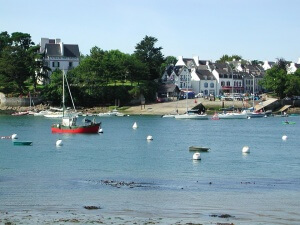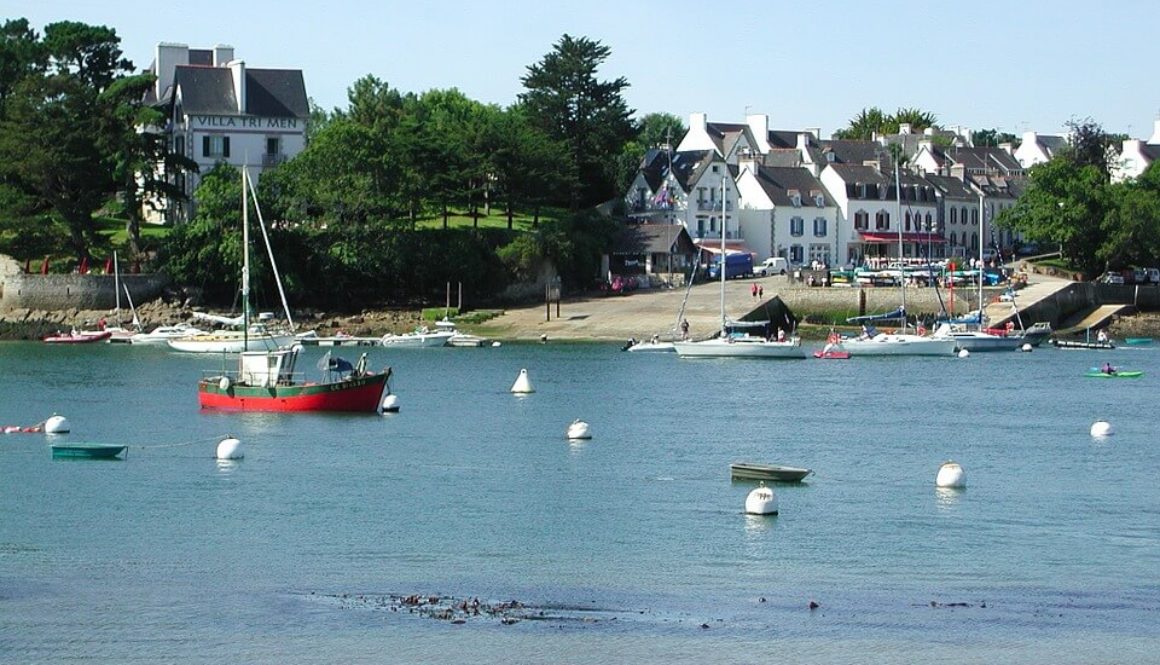Quote, Unquote

Quote, Unquote: the French Platform for small-scale low impact fishers voice their concerns about how fisheries are managed in France.
Brussels, 10th of May 2016 LIFE Platform Brian O’Riordan
This article is adapted from an article that appeared in Le Marin “Forum” 22.04.2016 http://www.lemarin.fr/secteurs-activites/peche/25102-critique-dun-systeme-de-gestion-inadapte-la-petite-peche?_=1461345037035, written by three co-Chairs of the Platforme, Anne Marie Vergez, a Basque fisher, Gwen Pennarun, a Brittany fisher, and Frédéric Reste, a fisher from the Mediterranean.
For more details see http://www.plateforme-petite-peche.fr/
——————————————————-
France, like many EU Member States, has administrative and management systems that are ill suited to the needs of the small scale fisheries sector. Despite much promise, two years on, the implementation of the CFP has so far failed to deliver tangible benefits for fishers who have chosen to fish ways that limit their impacts on the environment, who want to combine traditional small scale fishing ways with modern technology and decent working conditions, and who want to support the local communities in which they are rooted.
Despite the lack of delivery to date, LIFE is optimistic that Article 17 does provide the possibility to reward those who fish sustainably, so long as the political will is there to apply its provisions in the spirit as well as in the letter of the law.
The authors of the article below speak not only for themselves and for the French Platform for Small Scale Artisanal Fisheries, but for small scale fishers across Europe who share their worries and frustrations. Their concerns are very much our concerns.
The French Platform of Small Scale Artisanal Fisheries, a founder member of LIFE, represents fishermen from the French Atlantic facing coasts and from the Mediterranean. The Platform was launched in June 2012 by a group of associations representing 500 fishers.
The Platform was set up to defend the under 12 metre fleet segment that uses predominantly passive fishing methods. Despite the importance of this fleet segment, it is often marginalised, treated unfairly, not given proper consideration by the authorities, and not given sufficient space within professional organizations.
The aim of the Platform is not to fight against vessels over 12 meters. The complementarity of small scale and large scale activities is recognized and respected by the Platform, which considers that fleet diversity is important for the economic and social wellbeing of both fishing harbours and the sector as a whole.
Of course there are points of contention, and we may disagree on a number of issues. However, like the Platform, LIFE contends that the management of small scale fisheries require a differentiated approach, and that measures are needed to ensure that a balance is maintained between small-scale fishing and other fleet segments, and the small scale low impact segment can thrive.
LIFE identifies with, and wholeheartedly embraces these objectives and views.
In France, as in other European countries, there are many hurdles to setting up as a small scale owner operator. First of all, it is necessary to obtain the PME (Fishing Vessel License). Then a plethora of permits must be obtained, including AEP (European Fishing License), licenses for gears, and licenses for different species like bass, shellfish, sole etc. For bass, no more licenses are available for fishers using hooks, despite this being the most responsible fishing method as far as the resource and the marine environment are concerned, and on which hundreds of fishers depend. Their contribution to the overexploitation of the species is minute compared to the pelagic trawl fleet, where the number of licenses has remained unchanged.
And then there’s the painful question of quotas; a management tool much feared – and with reason – by small scale fishers. It is applied through a mechanism – based on catch history – that is deeply unfair. It rewards those who fish the most, whilst overlooking those who practice low impact fishing.
LIFE and the French Platform both denounce the current distribution system of quotas and its many perverse effects. Last December in France, the Competition Authority raised concerns on how quota is distributed among fishermen, the anti-competitive nature of the practices, the opaque allocation and management mechanisms, particularly in the POs (Producer Organizations).
The quota allocation system for Bluefin tuna graphically illustrates these concerns, with almost all the quota allowances reserved for purse seiners, pelagic trawlers or large longliners. This system should be fully reviewed in order to establish a distribution system based on environmental, social and economic criteria, as set out in Article 17 of the reformed CFP.
Some EU regulations include special provisions that favour small boats, by exempting them from certain fishing authorizations. However, in the case of access to cod in some areas, the exemption for vessels under 10 metres has been overturned by the professional organizations. Instead they have imposed a European Vessel Licence (AEP) on vessels under 10 meters, which penalizes them heavily. The French Platform also strongly objects to the unequal charges levied on small boats compared to large boats. Our sector is the main contributor, but not the primary beneficiary.
Then there is the administrative straitjacket, where bureaucratic requirements are not at all adapted to the constraints of small-scale fisheries. These include safety requirements, the need for life-rafts, the system for weighing the landings, manning levels, direct sales, and so on. It’s a real burden for small scale owner operators.
We are not asking for the exemption of small fishing from all management measures. However, we denounce a management system that is inappropriate. We depend on the areas where we fish – our fishing territories. We need to target the species found in our immediate vicinity, distributing our effort, based on a logic that is not to maximize profit.
It’s a philosophy and a socioeconomic model that the current system constantly undermines. There is nothing more absurd for us than having to avoid catching bluefin tuna that abounds all around us, or to discard it dead, and then having to travel great distances to find fish that we are allowed to catch.
Our critics contend that “if we followed your demands, then the coastal zone would simply fill up with vessels”. But we already find large ships on the coast, notably supertrawlers, other trawlers and 24 metre longliners, which thanks to derogations can operate within the 3-mile zone. All we are asking is that the maritime space be shared amongst vessels according to their size, and for the rules applied to be respected and strictly controlled. Our small vessels will never go far out enough to compete with vessels of 20 or 25 meters.
Similarly, we continually hear officials congratulating themselves on the sound state of stocks. But which stocks they talking about? Bass? Red seabream? Black bream? All these species are far from well managed. Many fishers will tell you how red seabream was decimated by high opening trawls, and how black bream has virtually disappeared in some places because of pelagic trawling. We call for a comprehensive scientific assessment, but are under no illusions that this will happen any time soon.
In the Mediterranean, too, there is an urgent need for progress to be made to improve the state of resources. But when addressing the problem, sports fishing (which is totally unregulated), pollution and coastal urbanization must also be factored in. Better recognition of the roles of prudhommies, ancient secular management bodies, should also be included in the equation. It is by strengthening theses indispensable institutions that we can make progress in fisheries management in the Mediterranean.
We had placed certain hopes in the new CFP, particularly concerning the provisions of Article 17. This article requires Member States to allocate quota using transparent and objective criteria, and to favour fishing vessels “deploying selective fishing gear or using fishing techniques with reduced environmental impact, such as reduced energy consumption or habitat damage.”
But where are these famous criteria that each state is supposed to define and implement? We fear that Danish seines and electric trawls may be the ones to eventually benefit from the misapplication of these environmental and social criteria.
